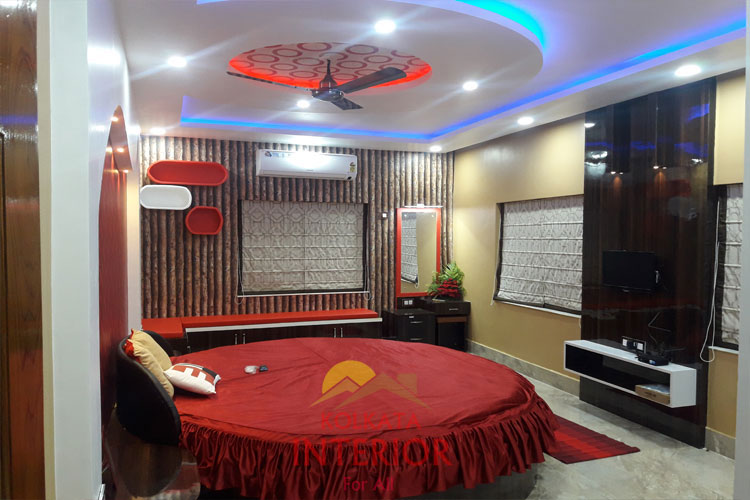Selecting the right road blocker supplier is crucial to ensure you receive high-quality products and reliable service.
Types of Road Blocker Supplier
Here are some important factors to consider when choosing a Road Blocker Supplier:
1. Experience and Reputation
Look for a road blocker supplier with a proven track record and extensive experience in the industry. A supplier with a solid reputation is more likely to provide reliable and high-quality road blockers. Research their background, read customer reviews, and assess their portfolio to gauge their expertise and level of customer satisfaction.
2. Product Quality and Customization Options
Evaluate the quality of road blockers offered by the supplier. Consider factors such as materials used, manufacturing standards, and durability. Look for suppliers who offer customization options to tailor the road blockers to your specific requirements. This ensures that the road blockers will seamlessly integrate into your security infrastructure.
3. Technological Advancements
Inquire about the supplier’s commitment to technological advancements. The security landscape is continuously evolving, and suppliers who stay updated with the latest innovations can provide you with advanced road blockers that offer enhanced features and capabilities. Ask about the supplier’s research and development initiatives and their ability to adapt to emerging security trends.
4. Compliance with Standards and Regulations
Ensure that the road blocker supplier adheres to relevant industry standards and regulations. They should follow best practices in design, manufacturing, and installation to ensure the road blockers meet the required safety and security standards. Ask for certifications and documentation that demonstrate their compliance with industry guidelines.
5. Installation, Maintenance, and Support Services
Inquire about the installation process and whether the supplier offers professional installation services. Proper installation is essential for the optimal performance and longevity of road blockers. Additionally, ask about the supplier’s maintenance and support services. A reliable supplier should provide ongoing maintenance, repairs, and technical support to address any issues or concerns that may arise.
6. Cost and Value for Money
Consider the pricing structure offered by the supplier and evaluate the value for money. While it’s important to consider the cost, also assess the overall value, including product quality, customization options, warranty coverage, and after-sales services. Choose a supplier that offers a reasonable balance between cost and value, ensuring that you receive a reliable and cost-effective solution.
7. Customer Support and References
Assess the level of customer support provided by the supplier. Reliable communication channels, responsive customer service, and a dedicated support team are indicators of a supplier’s commitment to customer satisfaction. Request references from the supplier to connect with previous clients and gather feedback about their experience working with the supplier.
By considering these factors, you can make an informed decision when choosing a road blocker supplier. Remember to thoroughly research multiple suppliers, request quotes, and compare their offerings before finalizing your choice. Selecting the right supplier ensures that you receive top-quality road blockers that meet your security needs and provide long-term reliability.
Road Blocker Maintenance: Best Practices for Longevity and Performance
To ensure the longevity and optimal performance of your road blockers, proper maintenance is essential. Here are some best practices to follow:
1. Regular Inspections
Perform routine inspections of your road blockers to identify any signs of wear, damage, or malfunction. Check for loose or damaged components, hydraulic leaks, electrical issues, and any abnormalities in the operation of the road blockers. Early detection of problems allows for timely repairs, preventing further damage and ensuring continued functionality.
2. Cleaning and Lubrication
Keep your road blockers clean and free from dirt, debris, and other contaminants that may affect their performance. Regularly clean the surface of the road blockers using mild soap and water, and avoid using harsh chemicals that could cause damage. Additionally, lubricate the moving parts of the road blockers according to the manufacturer’s recommendations to ensure smooth operation and prevent premature wear.
3. Testing Safety Features
Road blockers often come equipped with safety features such as sensors, safety loops, or anti-trap mechanisms. Regularly test these safety features to ensure they are functioning properly. Conduct tests to verify that the road blockers respond appropriately to vehicles, pedestrians, or any potential obstructions in their path. Document the results of these tests for reference and future maintenance records.
4. Calibration and Adjustment
Periodically calibrate and adjust the settings of your road blockers to maintain their optimal performance. This includes adjusting the hydraulic pressure, fine-tuning the opening and closing speed, and ensuring the road blockers are properly aligned. Consult the manufacturer’s guidelines or engage the services of a professional technician for precise calibration and adjustment.
5. Maintenance by Professionals
Consider scheduling regular maintenance visits by qualified professionals who specialize in road blocker maintenance. These technicians have the expertise and experience to conduct thorough inspections, identify potential issues, and perform necessary repairs or replacements. Professional maintenance ensures that your road blockers are in optimal condition and minimizes the risk of unexpected failures.
6. Documentation and Record-Keeping
Maintain detailed documentation of all maintenance activities performed on your road blockers. This includes inspection reports, maintenance records, repair logs, and any relevant documentation provided by the manufacturer or maintenance technicians. Keeping organized records allows for easier tracking of maintenance history, helps identify recurring issues, and ensures compliance with warranty requirements.
7. Emergency Response Plan
Develop an emergency response plan that outlines procedures to follow in case of road blocker malfunctions, power outages, or other unforeseen events. Train relevant personnel on how to respond to emergencies, and ensure they have access to necessary contact information for maintenance technicians or support from the road blocker supplier. For more security you can use either Road Blockers or Bollard supplier.
Final thoughts
By following these best practices, you can extend the lifespan of your road blockers, maintain their optimal performance, and minimize the risk of unexpected breakdowns. Regular maintenance not only ensures the functionality of your road blockers but also enhances the overall security of your facility. Prioritize the maintenance of your road blockers to enjoy their long-term benefits and peace of mind.









